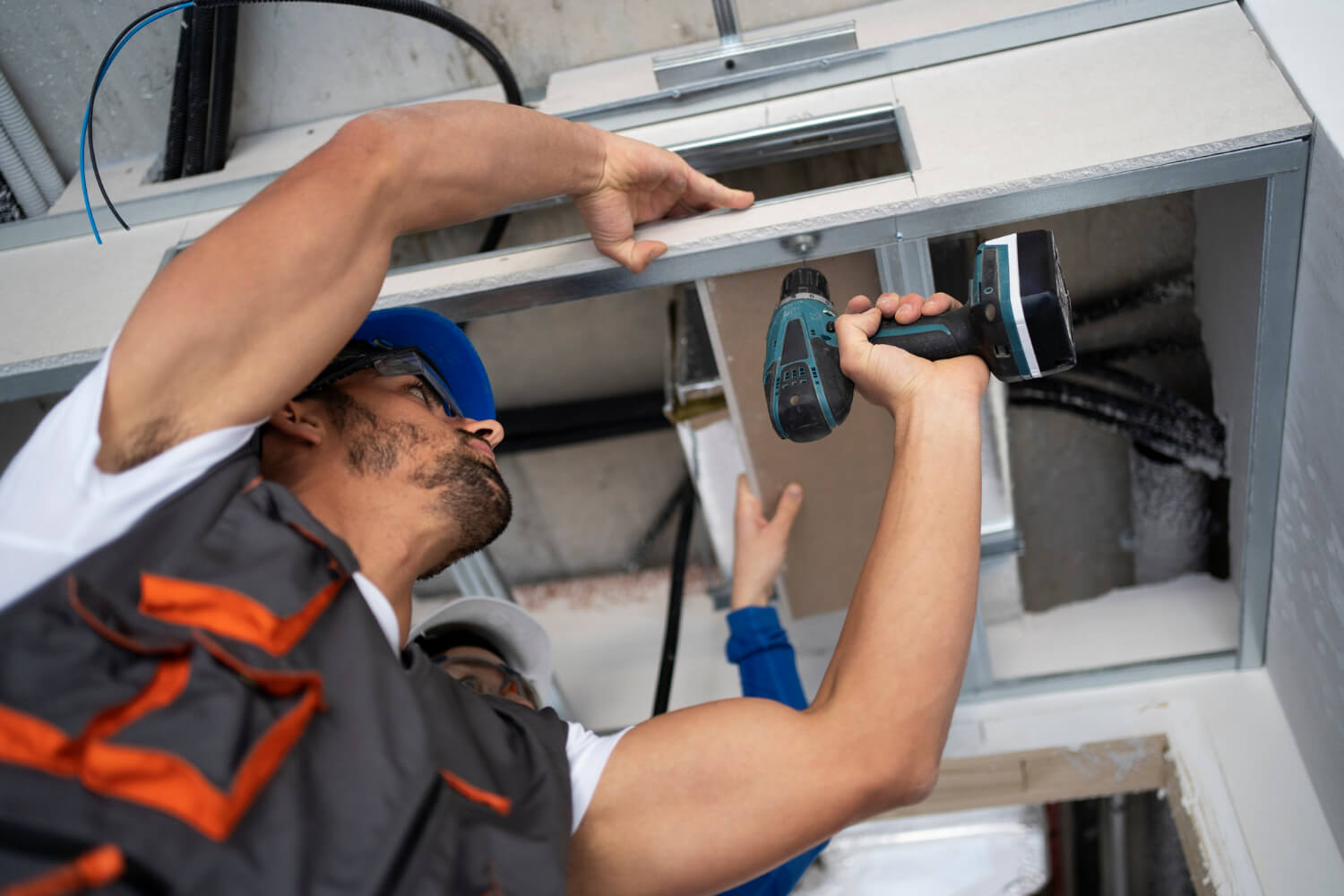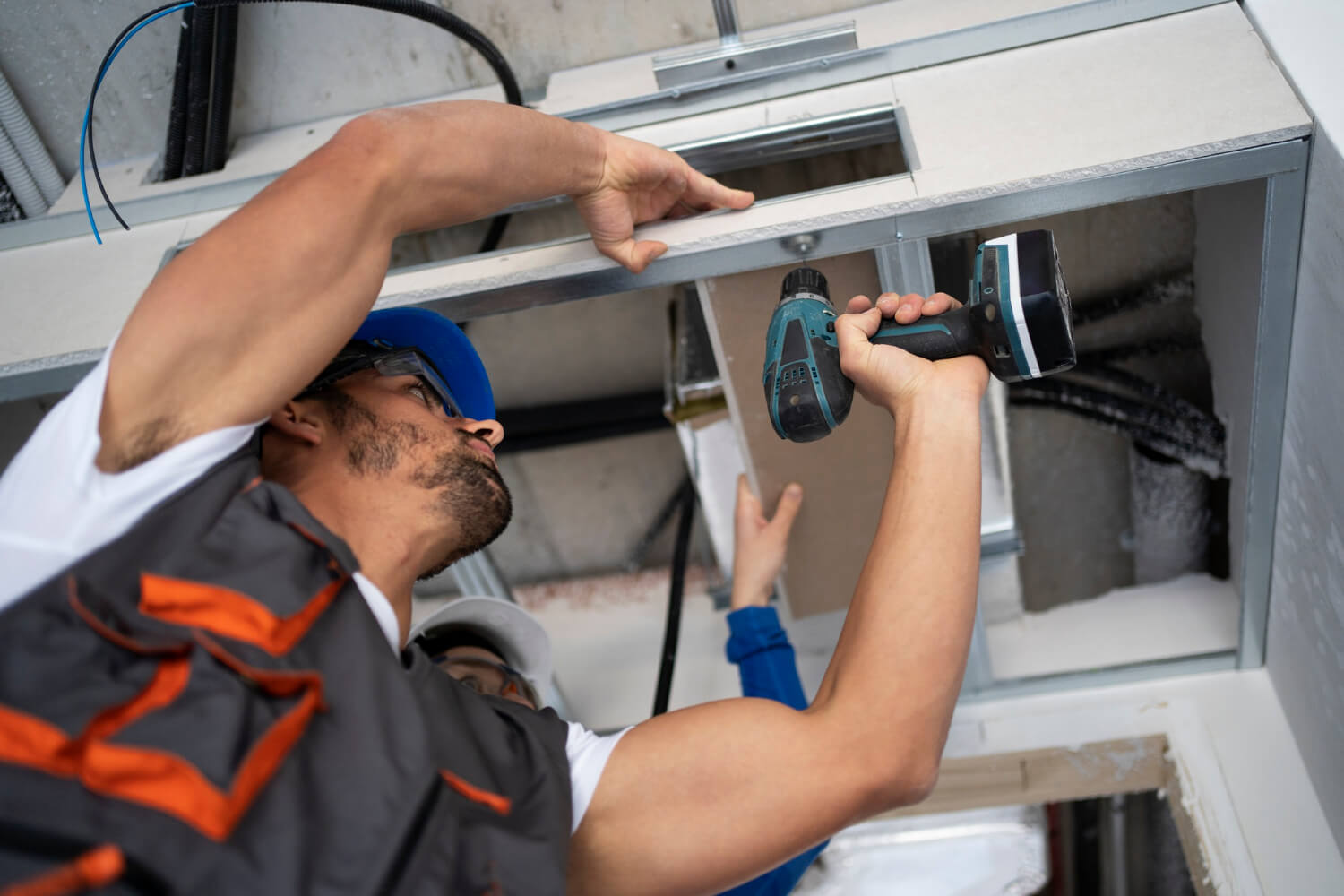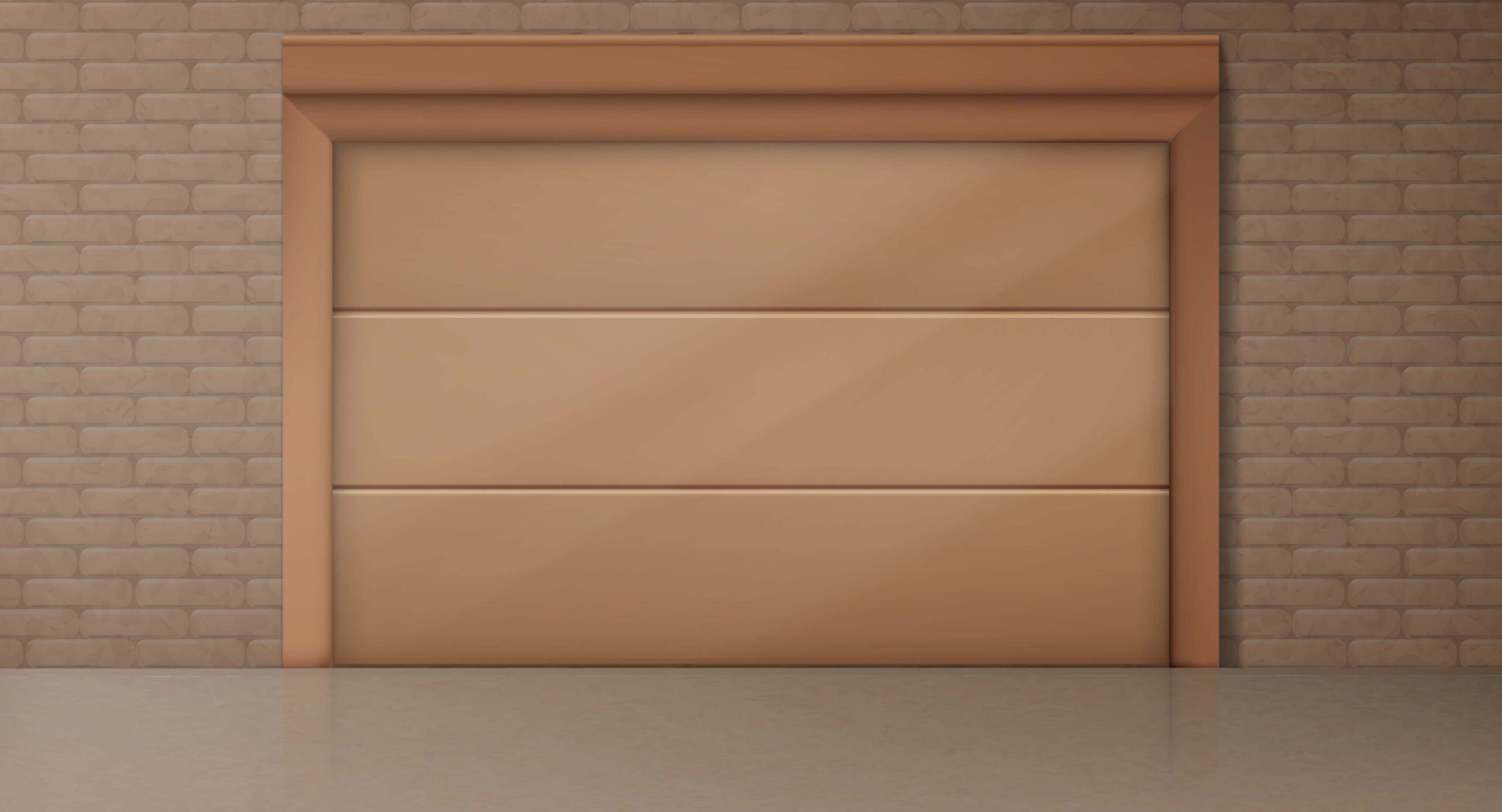If you’re living here in South Australia, like me, and you’re tackling the task of garage door motor replacement, then you’ve found the right article. Whether it’s the annoyingly persistent grinding noise or the door just won’t budge, we’ll guide you through what you need to consider when choosing the right replacement motor for your garage door opener systems.
Understanding the Importance of Garage Door Motors
Before we get into how to pick your new motor, let’s have a look at why a garage door motor is so vital to our daily lives.
The garage door motor ensures easy access to your home and keeps your vehicles and belongings safe. Without a functional motor, the convenience of motorised garage doors falls flat.
Beyond convenience, an old or unreliable motor may not lock properly or could make it easier for someone to force the door open, compromising your garage door security.
It’s essential to maintain or replace your garage door motor to ensure security and ease of operation.
Why You Might Need a Replacement Motor
First off, why are you after a garage door motor replacement in the first place? There could be several reasons:
- Your current motor is faulty and beyond repair.
- Advancements in technology might mean a newer, more efficient model is available.
- You’ve renovated your home and need a more powerful motor to handle your new motorised garage door.
If you’re unsure about whether you need a repair or replacement, give your current motor a once-over first with the existing guide we’ve included at the end.
Key Considerations When Choosing a Replacement Motor
Choosing the right replacement motor for garage door opener systems isn’t that simple. Here’s what to look at:
1. Horsepower (HP)
One of the most critical factors is the horsepower (HP) rating of the motor. This determines how much power it can deliver to lift your garage door.
- 1/3 HP: Suitable for standard single-car garages with lightweight doors.
- 1/2 HP: Most common, works well for a wider range of garage doors.
- 3/4 HP or higher: Needed for heavier, double-car or insulated doors.
2. Type of Drive
The drive type of a garage door motor greatly affects its noise level, speed, and cost. There are three main types to choose from:
- Chain Drive: Typically more affordable and highly durable, though slightly noisier. Best for detached garages.
- Belt Drive: Quieter operation, but a bit steeper on the wallet. Great for attached garages or living spaces above.
- Screw Drive: Requires less maintenance but is more suitable for stable climates like ours in South Australia!
No matter the drive type, check that it’s compatible with your current door rails and opener bracket setup before buying.
3. Smart Features
Modern garage door motor units are smarter than ever. You may want to upgrade to one that gives you extra functionality, like:
- Remote control access via smartphone apps.
- Integration with home automation systems.
- Automatic lights or timers.
These features aren’t just gimmicks. They’re practical upgrades that make life easier and more secure.
4. Brand and Warranty
It pays to go with a reputable brand that offers a sturdy warranty. This ensures longevity and peace of mind, knowing support is easily available.
Don’t just look at the years on the warranty. Check what’s covered. A good garage door motor replacement should include both motor and electronics coverage, not just mechanical.
DIY or Professional Installation?
Now you might be asking: Can I install a replacement motor for garage door opener setups myself?
If you’re confident in the tools and follow the manufacturer’s instructions carefully, yes, it can be a solid weekend job. But remember:
- You’ll be dealing with tension-loaded springs and electrical wiring.
- A botched installation can mess with your garage door security.
- Some brands void the warranty if the unit isn’t installed by a qualified technician.
So, in case there’s any uncertainty, it’s wise to get a professional in to avoid any mishaps or invalid warranty concerns.
Maintaining Your Garage Door Motor
After getting your new garage door motor up and running, you’ll want to keep it in tip-top shape to avoid future troubles. Here are a few tips:
- Regular Inspections: Check sensors, belts, and chains for wear and tear.
- Lubrication: Lubricate moving parts to reduce friction.
- Test Safety Features: Keep an eye on sensors and auto-reverse mechanics.
Keeping your system maintained doesn’t take much time but pays off in reliability and peace of mind, especially when you rely on your motorised garage door daily.
When to Call the Experts
There will come a time when even the best DIY enthusiast will need to call an expert. If the issue is persistent, beyond swapping parts, or if safety concerns arise, contacting an expert is the way forward.
Also, if your garage door motor replacement still feels underpowered, you might need to rethink the horsepower or drive type based on your door’s current weight and balance.
Conclusion
Choosing the right replacement motor for your garage door can be straightforward when you consider the key factors highlighted.
Don’t rush the decision; a bit of time choosing the proper motor goes a long way in ensuring your garage door provides the convenience and safety you need. For South Australians looking for top-notch service, Filip’s Garage Doors is at your service. Drop us a message for friendly advice or professional installation services to keep your garage door working smoothly.







